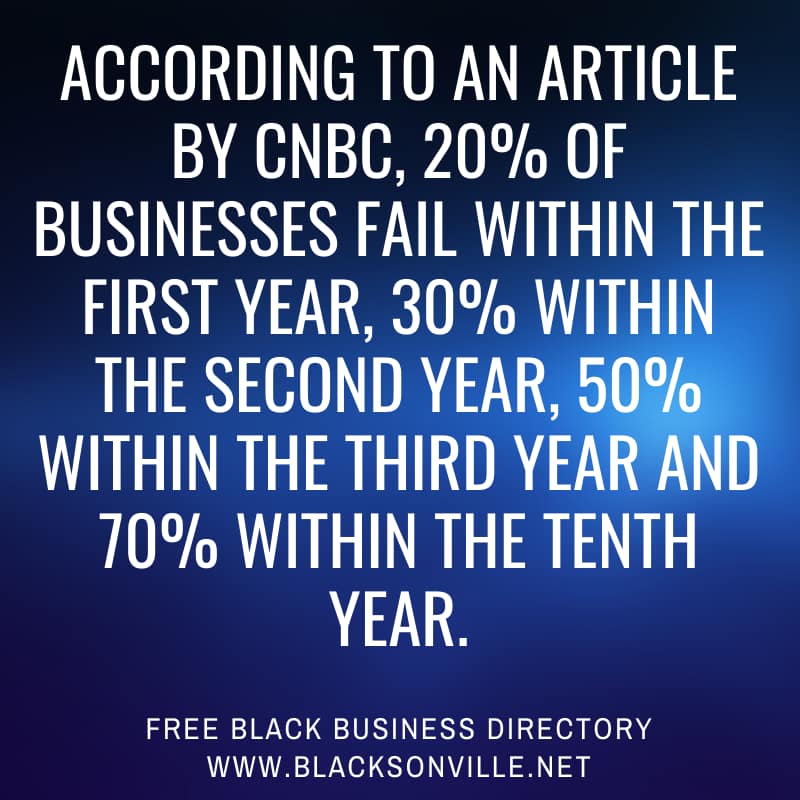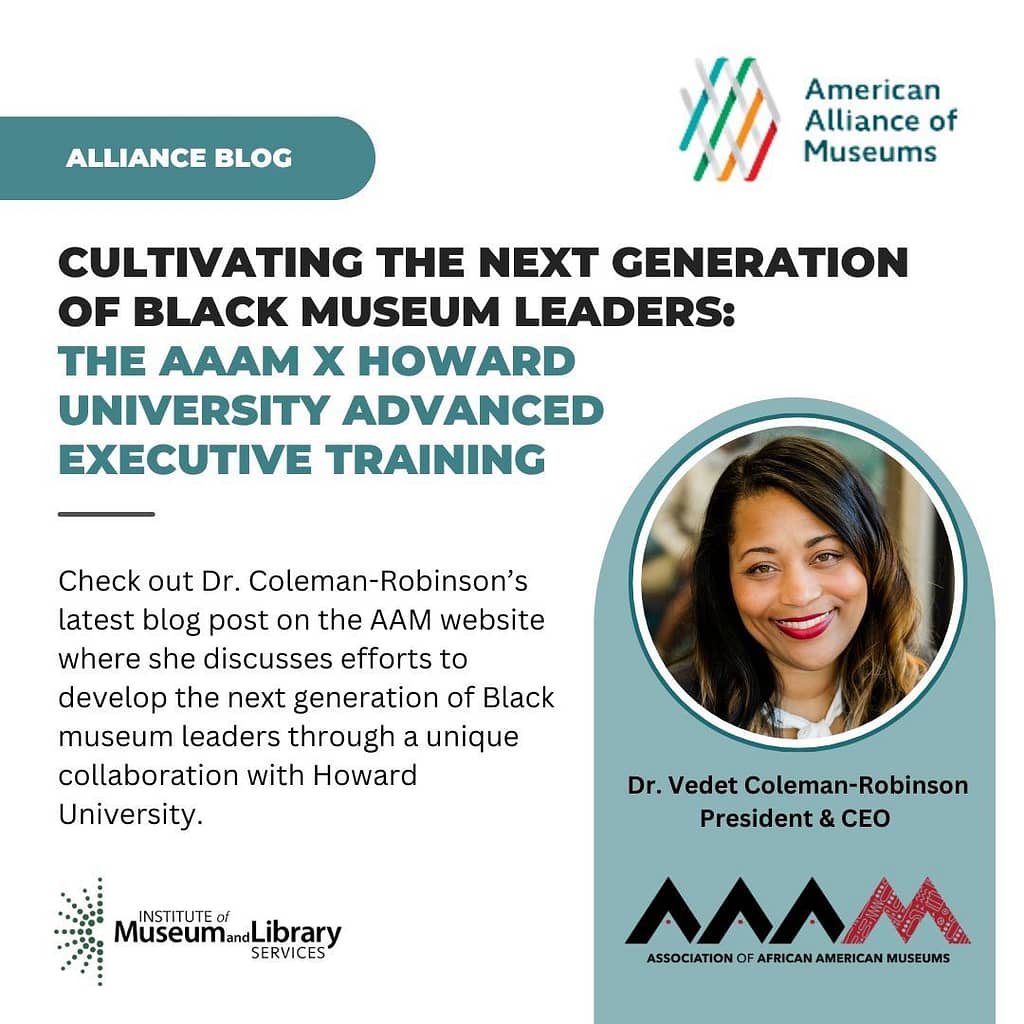
Before the pandemic, the average American held 15.3 percent of his or her wealth in business equity, with a mean value of $147,000. SMBs constituted 99 percent of US businesses and were responsible for 62 percent of the net increase in private-sector jobs from 1993 to 2017.6 Entrepreneurship and an ability to start new businesses matter significantly here, as more than 50 percent of this net increase was the result of the formation of new businesses, defined as those less than 3.5 years old.7
The total revenue of Black businesses in utilities—the industry with the highest revenue per firm—is only $85 million. Non-Black utility businesses have a total revenue of $5.6 trillion
As software and technology developers we have a common phrase we share called “the backend”. For those in the know you immediately think of a database and content material management system. Throughout the business-building process, Black business owners face economic, market, sociocultural, and institutional barriers, which are all linked to racial discrimination in the United States. Economic barriers relate to disempowerment and the costs of low starting levels of capital—for individuals, families, and communities. Black entrepreneurs can also have difficulty accessing expertise and business services. Black owners of employer firms, which are more likely to benefit from services such as legal and financial advisory, are less likely to seek them out. Only 58 percent of Black owners sought professional services, for reasons including expense, inaccessibility, and mistrust, compared with 70 percent of white owners.
The backend refers back to the revenue generated from The People that bought your initial product or service offerings and who desire to loyally purchase from your business, again and again. The backend is the place transactions are made, cash is exchanged from hand-to-hand, and where building personal and business credit is nurtured from e-Commerce while shopping online. For a black business owner, getting the primary point of sale from a potential loyal consumer goes a long way, yet it is the most difficult part of doing business today, making your first sale to the Right customer that will give them the return on value that will lead to a memorable impact on their lives.
Building supportive ecosystems for Black-owned US businesses
A whole lot of black entrepreneurs unfortunately, do not leverage a system or tech-based platform to help them grow, and as a result they never realize the potential for profits in the backend. Black business owners have been disproportionately affected by the pandemic-linked economic downturn, partly because they were more likely to already be in a precarious position, including more likely to be located in communities with business environments that are more likely to produce poor business outcomes. Indeed, about 58 percent of Black-owned businesses were at risk of financial distress before the pandemic, compared with about 27 percent of white-owned businesses.2 The pandemic contributed to tipping 41 percent of Black-owned US businesses into closure from February to April 2020.3 More than 50 percent of the owners of surviving Black businesses surveyed in May reported being very or extremely concerned about the viability of their businesses. This concern may be linked to having a more difficult time accessing credit since the COVID-19 crisis began; 36 percent of Black business owners responding to the survey said they had experienced this, compared with 29 percent of all respondents.4
According to the Federal Reserve, in 2019, the median net worth of white families was $188,200—7.8 times that of their Black peers, at $24,100. That wealth gap translates to many other disparities, including in business ownership, which is heavily influenced by individual and family wealth. In 2019, there were a total of 5,771,292 employer firms (businesses with more than one employee), of which only 2.3% (134,567) were Black-owned, even though Black people comprise 14.2% of the country’s population.
According to Brookings, no metro area in the U.S. has a share of Black-owned employer firms that matches or exceeds the Black population in the area. Among 69 metro areas for which the 2020 ABS reports data, the highest proportion of Black-owned firms among employer businesses is in Fayetteville, N.C. at 11.2%, or 585 out of 5,210 firms. Nationally, as of the latest census data release, there were 3.12 million Black-owned businesses in the United States, generating $206 billion in annual revenue and supporting 3.56 million U.S. jobs. Table 3 shows that Black people comprise approximately 14% of the U.S. population, but only 2.3% of owners of employer firms. White-owned employer firms represent 83.5% of all employer firms—8.2 percentage points higher than the white share of the population. Asian Americans make up 6.6% of the U.S. population and own 10.1% of employer firms.
Fueling Black business growth is broader than just providing capital. It will require leaders in financial institutions, philanthropy, government, corporations, and investors to align and collaborate towards a clear set of goals that address systemic barriers. From supportive policy to representative leadership, it is critical that we work together to build the economy that reflects America’s promise.
Tynesia Boyea-Robinson President and CEO of CapEQ
Business networks can support Black entrepreneurs, but Black entrepreneurs are less likely to know and hear about relevant networks that can help support and promote their businesses. Indeed, Black entrepreneurs are likely to be excluded from receiving information about high-potential opportunities, even though focus-group participants said that they would like to connect with a variety of business professionals and mentors. This exclusion translates into fewer connections to formal hubs,30 such as banks and venture-capital funds, and from informal networks.




